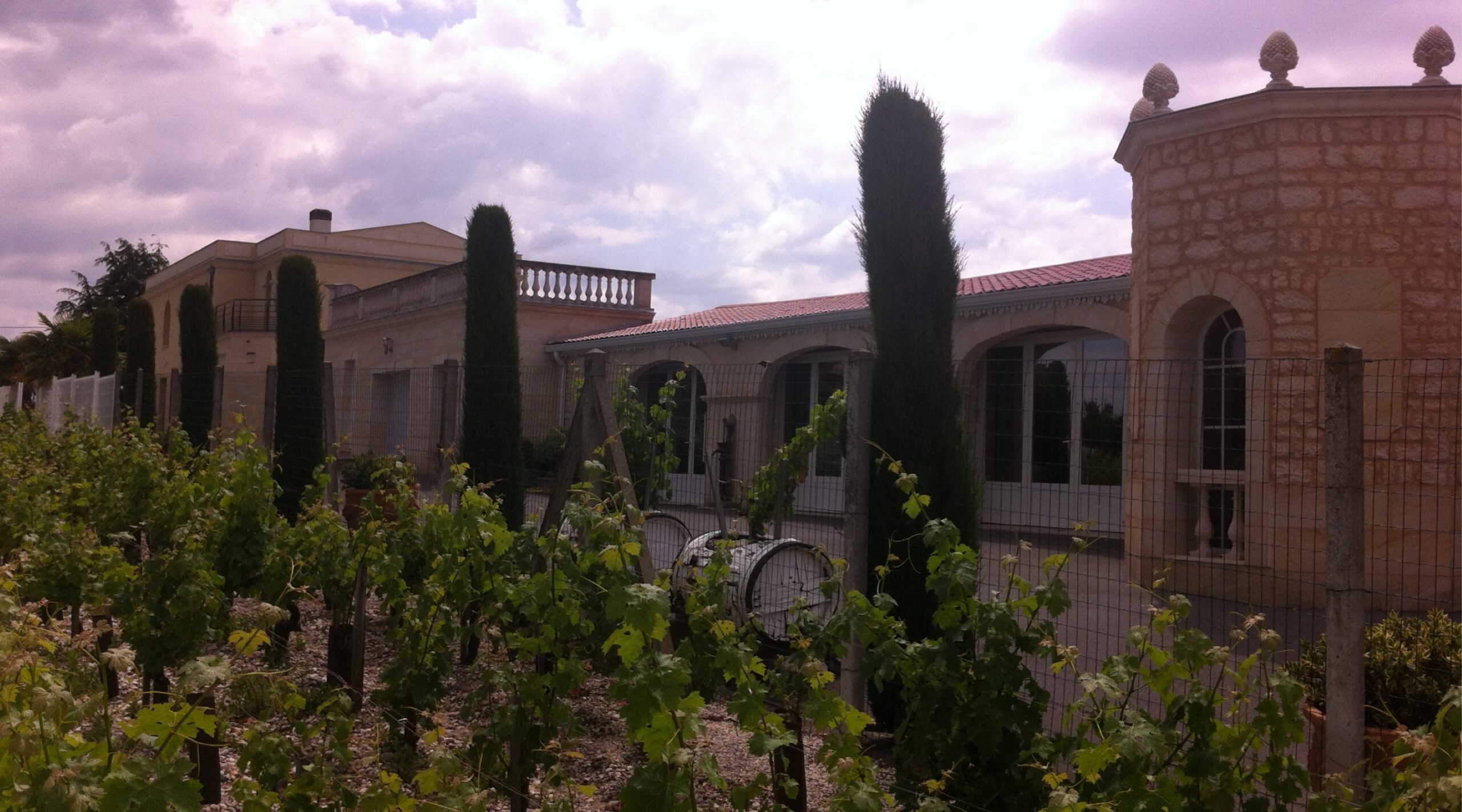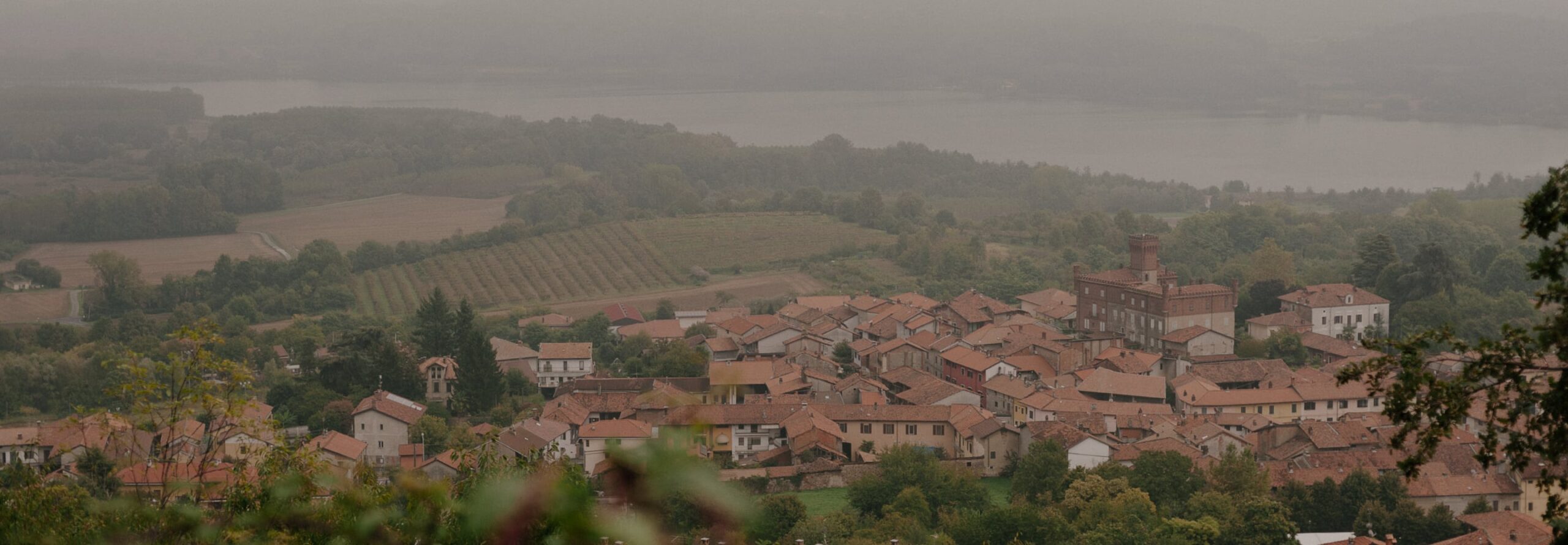Of the 1,199 valuable hectares planted to grapes in Pauillac, most are owned by the numerous cru classé chateaux that call the region home. Yet, within the formidable triangle formed by Chateau Mouton Rothschild, Chateau Lafite Rothschild, and Chateau Pontet-Canet, a single hectare remains in the hands of grower-producer Yannick Mirande. We are thrilled to bring Monsieur Mirande’s wines to the US market under his label Chateau Chantecler, beginning with the 2010 and 2011 vintages.
The Mirande family has owned vineyards in Pauillac for several generations, but in the spring of 2004 an aunt sold most of the land to Mouton Rothschild. Yannick Mirande secured control over the remaining hectare and has been making wines from his own vines ever since. Thus, he has enlisted himself in the declining number of small-scale grower producers in Bordeaux, and we have found a suitable partner from this elite region for the first time in many years.
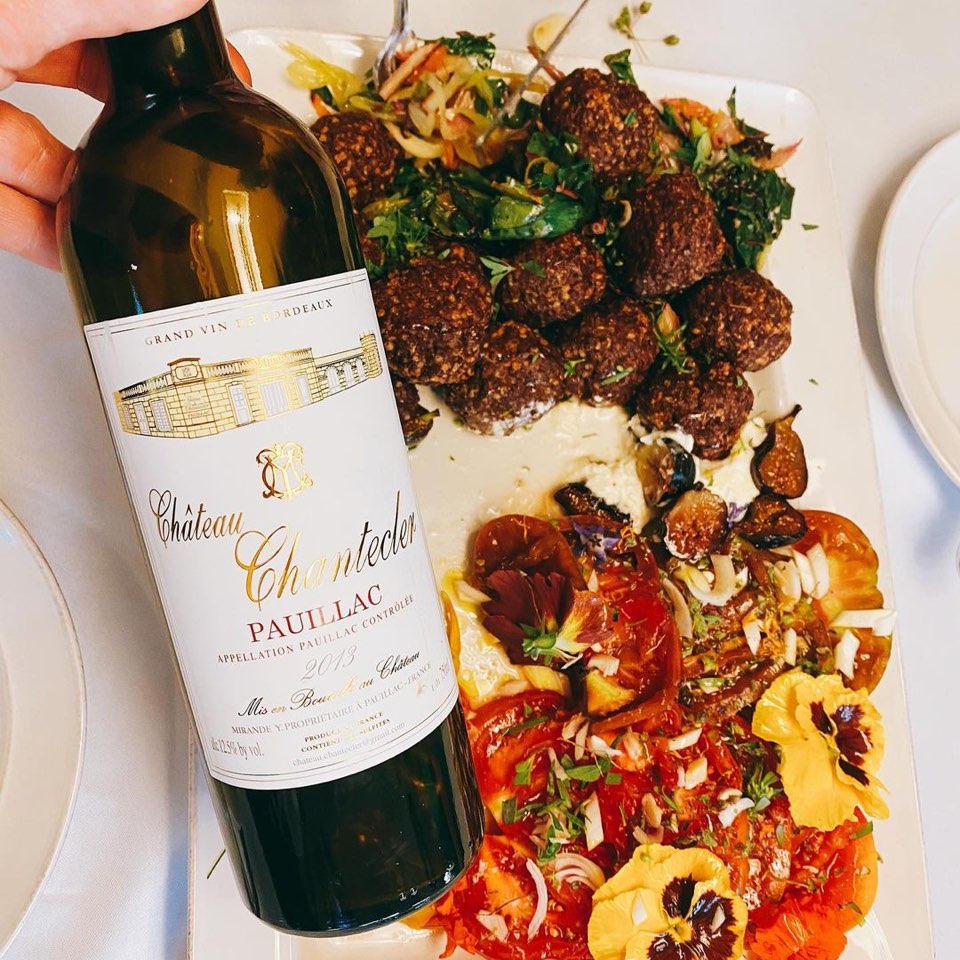
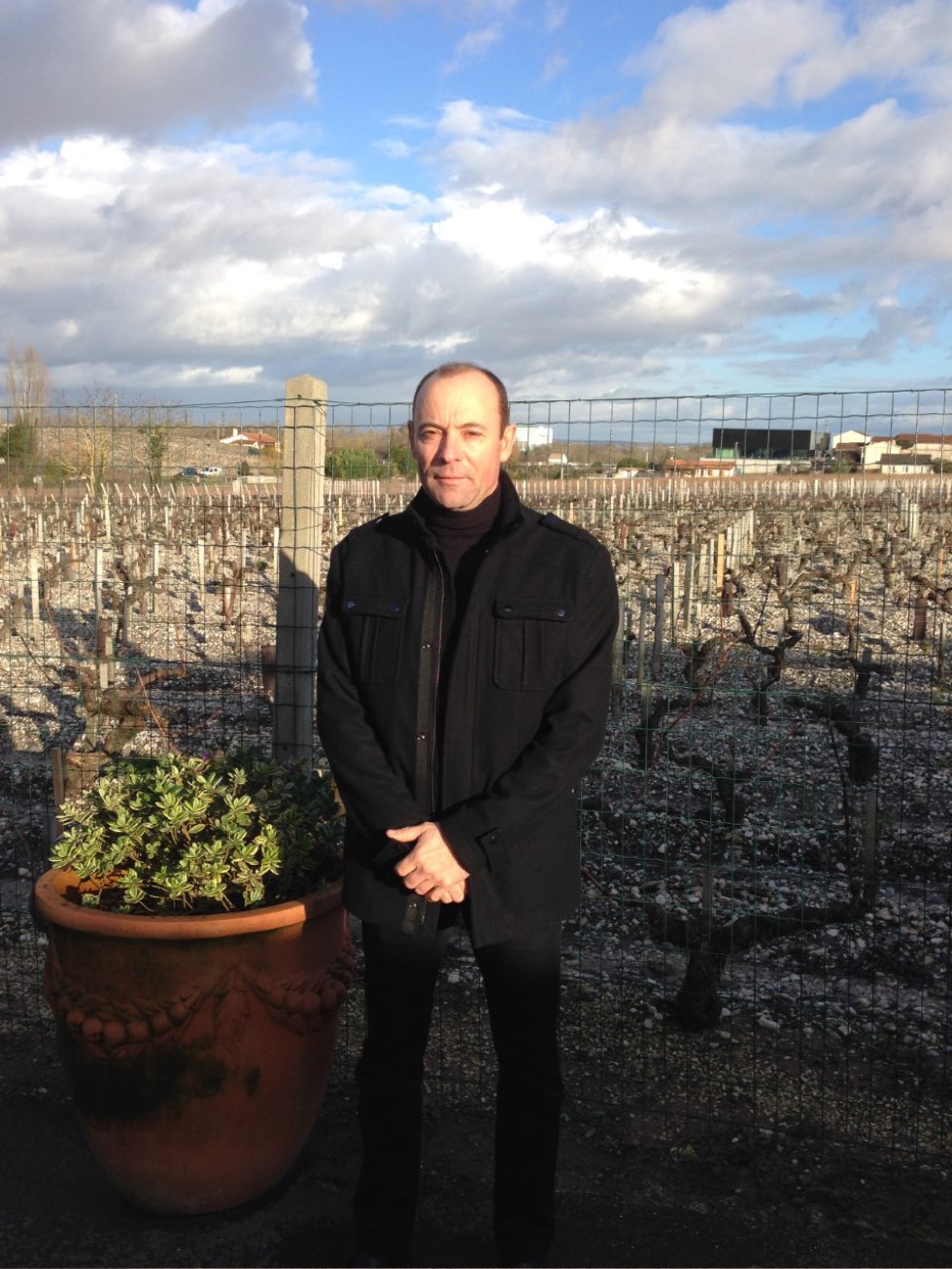
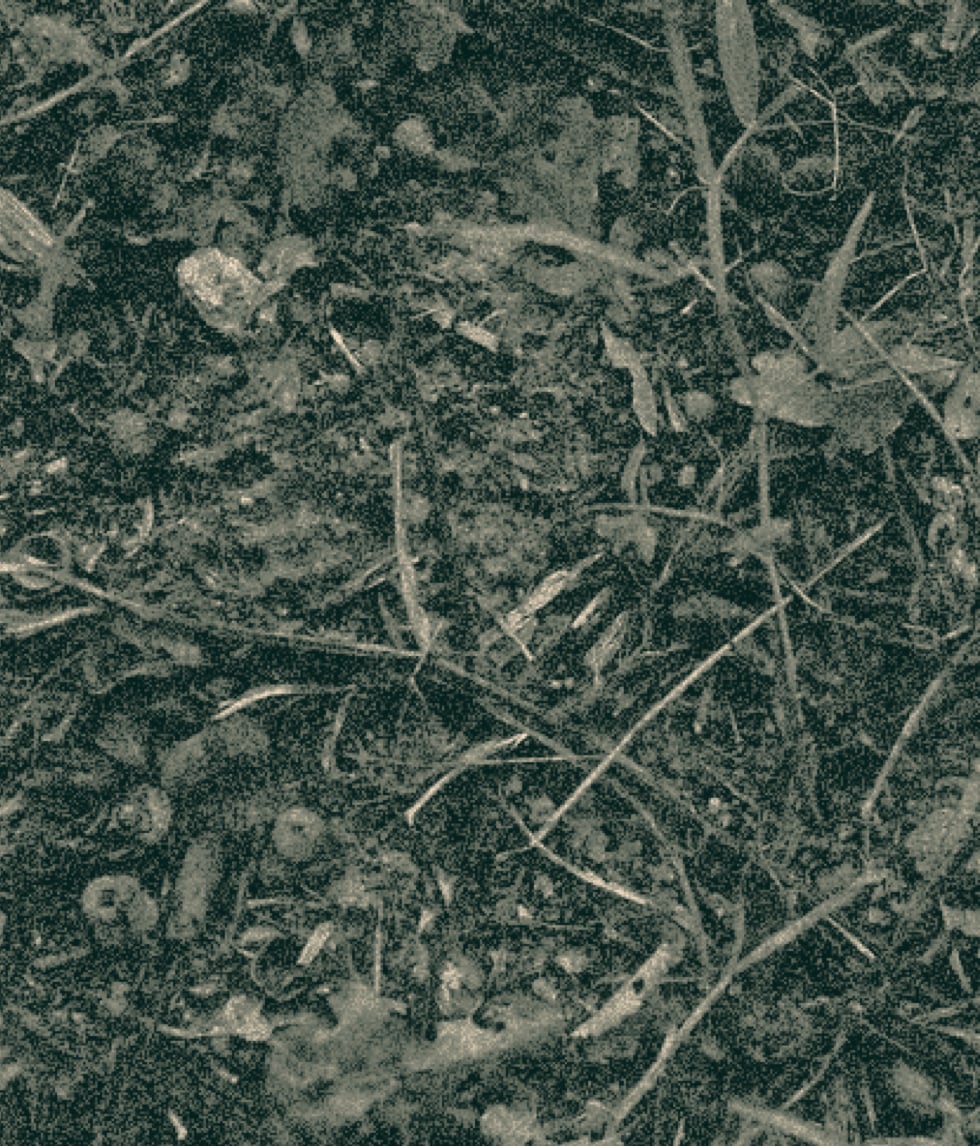
The estate produces only one cuvée, a robust wine that is composed of 60% Cabernet Sauvignon and 40% Merlot.
The vines on the property have an average age of 45 years; their roots are dug deep in the layers of Pauillac’s gravelly terrain, specifically situated in the lieu-dit known as “Plateau de Padarnac”. The estate produces only one cuvée, a robust wine that is composed of 60% Cabernet Sauvignon and 40% Merlot. Monsieur Mirande takes a scrupulous approach to his work in the vineyard as well as in the cellar: he is moving towards organic vineyard management, harvests his grapes manually, and employs indigenous yeasts in fermentation. The end result is a special wine, a classic Pauillac marked by the hand and place that crafted it.
Farming
Lutte Raisonnée
Treatments
Synthetic treatments only when necessary
Ploughing
Annual ploughing to maintain vineyard health
Soils
Deep gravel soils
Vines
Trained in Guyot and planted at 9,000 vines/ha. Aver- age vine age is 50 years.
Yields
Controlled through pruning, debudding, deleafing, and green harvesting. c. 55 hl/ha
Harvest
Manual, usually in early October
PURCHASING
Entirely estate fruit
Fermentation
After total destemming, wine ferments with selected yeasts in stainless-steel tanks. Cuvaison lasts c. 3 weeks.
Extraction
Rack and return method employed during fermentation
Chaptalization
None
Pressing
Pneumatic pressing
Malolactic Fermentation
Spontaneous, in barrel following alcoholic fermentation
Élevage
16-18 months in oak barrels (50% new)
LEeS
16-18 months on fine lees
FINING & FILTRATION
Fined with egg whites, unfiltered
SULFUR
Applied at each racking, c. 30 mg/l free

